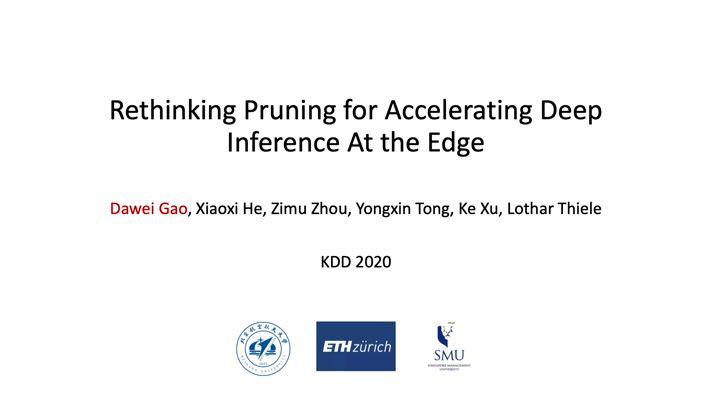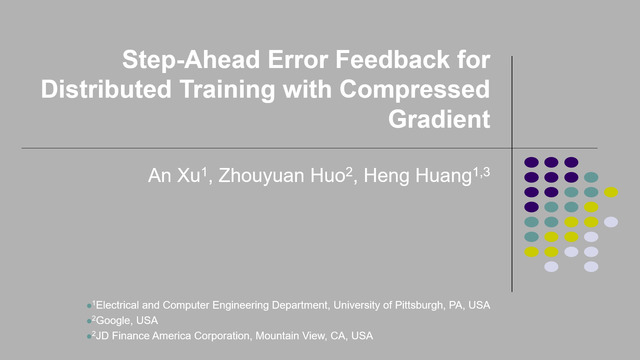Abstract:
Methods that sparsify a network at initialization are important in practice because they greatly improve the efficiency of both learning and inference. Our work is based on a recently proposed decomposition of the Neural Tangent Kernel (NTK) that has decoupled the dynamics of the training process into a data-dependent component and an architecture-dependent kernel – the latter referred to as Path Kernel. That work has shown how to design sparse neural networks for faster convergence, without any training data, using the Synflow-L2 algorithm. We first show that even though Synflow-L2 is optimal in terms of convergence, for a given network density, it results in sub-networks with ``bottleneck'' (narrow) layers – leading to poor performance as compared to other data-agnostic methods that use the same number of parameters. Then we propose a new method to construct sparse networks, without any training data, referred to as Paths with Higher-Edge Weights (PHEW). PHEW is a probabilistic network formation method based on biased random walks that only depends on the initial weights. It has similar path kernel properties as Synflow-L2 but it generates much wider layers, resulting in better generalization and performance. PHEW achieves significant improvements over the data-independent SynFlow and SynFlow-L2 methods at a wide range of network densities.









































